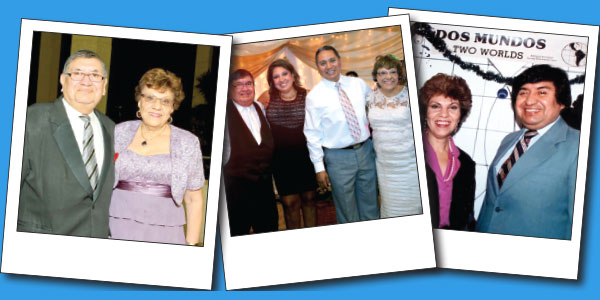
Commentary by Chara
If you don’t have a will, create one.
Wills are important, especially if you have assets. Having one will help give you a final say about who takes ownership of your possessions after you die. Not having one could mean the state takes ownership of them.
Before creating a will, however, understand that the regulations for wills vary by state. In Kansas and Missouri, for example, anyone who’s at least 18 years old can create one. Moreover, the will must be in writing, signed by the person who created it and by two witnesses who saw the creator signing it; however, both states recognize oral wills in certain instances.
Kansas and Missouri don’t require wills to be notarized. They also don’t allow beneficiaries to be witnesses.
In addition, understand there are lawyers who specialize in probate law and can guide you in creating a will. And if you’re concerned about life events changing the possessions you’ll have to leave your loved ones after you draft your will, remember, wills can be changed whenever you want. But if you make changes, destroy any of your previous wills to avoid confusion.
According to statistics from Caring.com, only 32 percent of Americans have a will. Don’t be among the nearly 70 percent of those who don’t have one.
Have a say in who inherits your possessions.
Un testamento le da la última palabra
Si no tiene un testamento, cree uno.
Los testamentos son importantes, especialmente si tiene bienes. Tener uno le ayudará a tener la última palabra sobre quién se hace cargo de sus posesiones después de su muerte. No tener uno podría significar que el estado se apropia de ellos.
Sin embargo, antes de crear un testamento, comprenda que las regulaciones para los testamentos varían según el estado. En Kansas y Missouri, por ejemplo, cualquiera que tenga al menos 18 años puede crear uno. Además, el testamento debe ser por escrito, firmado por la persona que lo hizo y por dos testigos que vieron al creador firmarlo; sin embargo, ambos estados reconocen los testamentos orales en ciertos casos.
Kansas y Missouri no requiere que los testamentos sean notariados. Tampoco permiten que los beneficiarios sean testigos.
Además, comprenda que hay abogados que se especializan en la ley de sucesiones y pueden guiarlo en la creación de un testamento. Y si le preocupa que los eventos de la vida cambien las posesiones que tendrá que dejar a sus seres queridos después de redactar su testamento, recuerde, los testamentos se pueden cambiar cuando lo desee. Pero si hace cambios, destruya cualquiera de sus testamentos anteriores para evitar confusiones.
Según las estadísticas de Caring.com, sólo el 32 por ciento de los estadounidenses tienen testamento. No se encuentre entre el casi 70 por ciento de los que no tienen uno.
Tenga voz sobre quién hereda sus posesiones.









